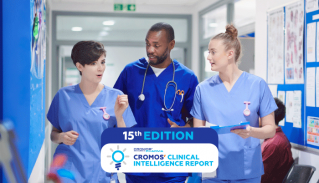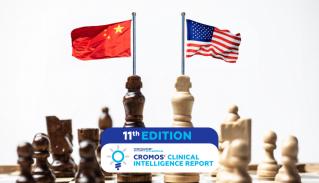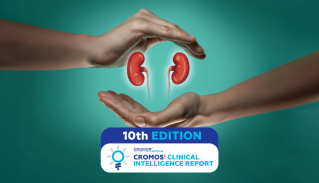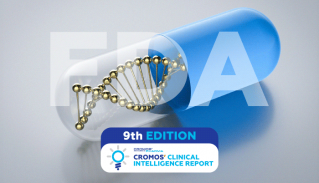
Clinical Research Focus. 2nd Edition
Use of medical digital twins in clinical trials
Unlearn and Merck KGaA have announced a new partnership using medical digital twins of patients in clinical trials. The collaboration aims to accelerate drug trials through the application of techniques using deep learning technology.
It is claimed that it will allow researchers to reduce the size of control arms by 30% or more and generate reliable clinical evidence in less time. Merck will initially be using this approach in late-stage clinical trials for immunology drugs. Read more here.
Lasagna’s Law: A dish best served early
Effective recruitment of patients is one of the most important ingredients for a successful clinical trial. Yet, today, 11% of clinical research sites fail to enroll even a single participant, and nearly 90% of clinical trials experience significant delays due to issues with patient recruitment. Over 40 years after Dr Louis Lasagna came up with his law of progressively diminishing returns in patient recruitment, the problem still looms large for drug developers. Read more here.
Global trends in combination cancer therapy clinical trials
 Nature Reviews Drug Discovery recently published a report by The Cancer Research Institute (CRI) presenting analysis of the global landscape of clinical development of drugs that target the PD1/PDL1 immune checkpoint pathway. The report highlights the growing number of studies testing novel bispecific antibodies as a developing trend in the field. Read more here.
Nature Reviews Drug Discovery recently published a report by The Cancer Research Institute (CRI) presenting analysis of the global landscape of clinical development of drugs that target the PD1/PDL1 immune checkpoint pathway. The report highlights the growing number of studies testing novel bispecific antibodies as a developing trend in the field. Read more here.
FDA issues draft guidance for development of non-addictive alternatives to opioids
 In February, the U.S. Food and Drug Administration (FDA) issued draft guidance for the development of non-addictive alternatives to opioids for acute pain management. The move is part of an ongoing effort to address opioid misuse and abuse which continues to be a major public health issue. Read more here.
In February, the U.S. Food and Drug Administration (FDA) issued draft guidance for the development of non-addictive alternatives to opioids for acute pain management. The move is part of an ongoing effort to address opioid misuse and abuse which continues to be a major public health issue. Read more here.
EU common standard for electronic product information
 On February 22, 2022, the European Medicines Regulatory Network adopted a Common Standard for the electronic product information (ePI) on medicines in the European Union (EU). This standard will support the provision of harmonized electronic information on medicines within the EU. It is aimed at improving delivery of information for patients, consumers and healthcare professionals to support informed decision-making. Read more here.
On February 22, 2022, the European Medicines Regulatory Network adopted a Common Standard for the electronic product information (ePI) on medicines in the European Union (EU). This standard will support the provision of harmonized electronic information on medicines within the EU. It is aimed at improving delivery of information for patients, consumers and healthcare professionals to support informed decision-making. Read more here.






























